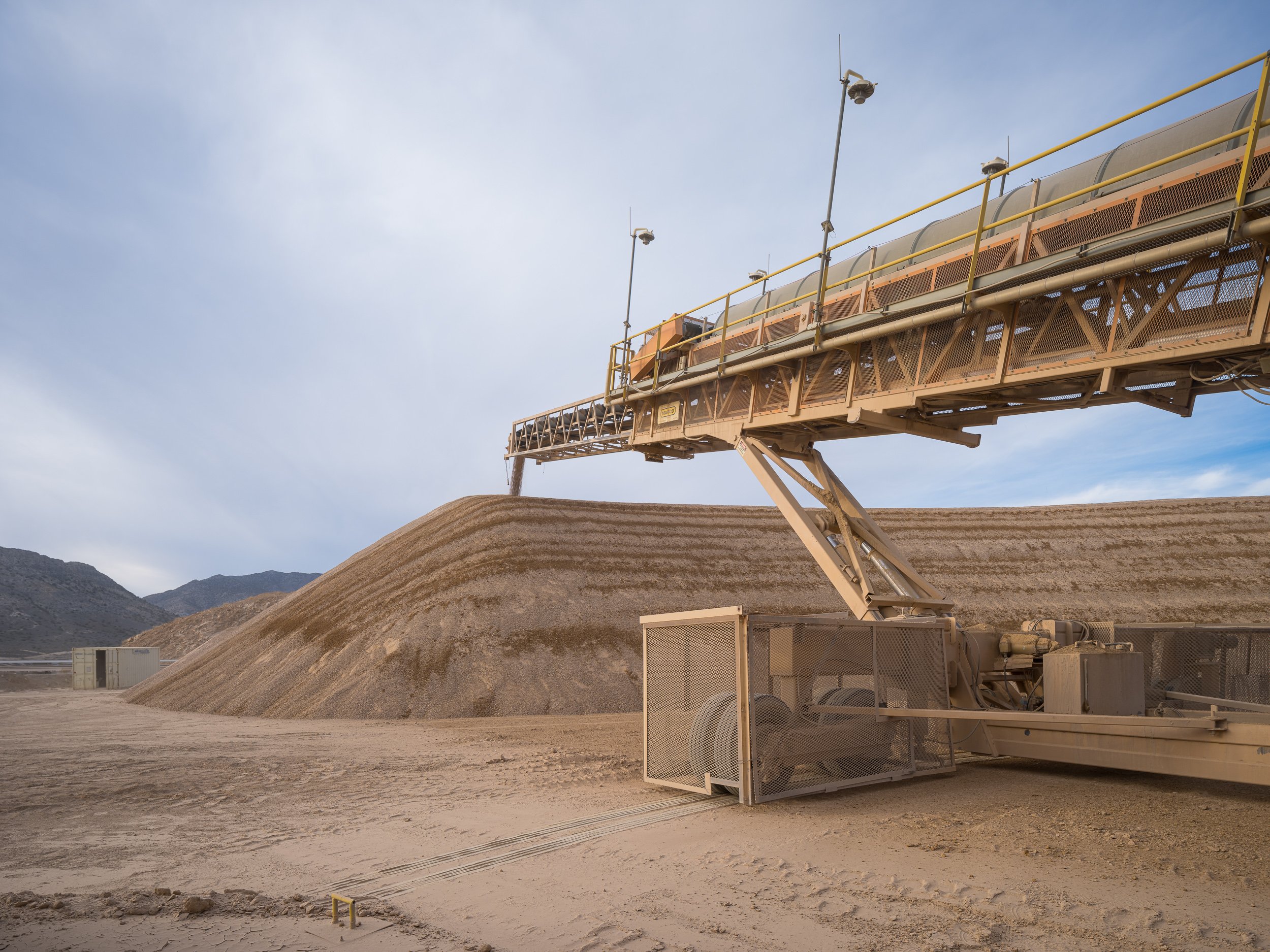China is once again turning the screws on those who want rare-earth metals.
Over the last two weeks, Beijing has expanded export controls on five new rare-earth elements and restricted key processing equipment, with new rules set to take effect on Nov. 8. Exports of rare-earth magnets already fell about 6.1% in September. Even Goldman Sachs is sounding the alarm that China could wipe out as much as $150 billion in global output if it disrupts supply by 10%.
That's not the news you want to hear if you're, say, an automaker or consumer electronics producer. But for MP Materials (MP +1.77%), whose Mountain Pass mine in California is one of the U.S.'s only rare-earth metals facilities, the restriction on rare-earth metals has been a boon for its stock.

NdFeB magnets produced by MP Materials at Independence in Fort Worth, Texas. Image source: MP Materials.
Shares of MP Matrials are up a staggering 340% in 2025 through Oct. 23, which has left it trading at a forward price-to-earnings (P/E) multiple in high double digits. For short-term investors, that high valuation is reason enough to stay away.
For long-term investors, however, there's one reason to buy this mining stock and hold it forever. It could be a good buy in November, though there's nothing special about buying next month.

NYSE: MP
Key Data Points
Trade tensions are tightening the spigot on rare-earth magnets
China is the world's dominant miner, refiner, and processor of rare-earth elements (REE). Roughly an estimated 70% of global rare-earth mining, 92% of refining, and 98% of magnet manufacturing is under China's control.
For years, the U.S. has known that it needs to reduce dependence on its biggest economic rival for REE imports. But only in the wake of this year's renewed trade tensions has the White House started investing directly in domestic suppliers to help rebuild America's own supply chain.
One standout has been MP Materials, and for good reason. The company mines and processes rare-earth elements, like neodymium and praseodymium, which are essential ingredients for making the super-strong magnets used in everything from electric vehicle (EV) motors to drones to smartphones.
In July, the Department of Defense (DOD) became MP's biggest shareholder with a $400 million investment. It also committed to a 10-year price floor of $110 per kilogram of NdPr (neodymium-praseodymium) oxide, as well as guaranteed that 100% of the output from MP Materials' second magnet factory (10X Facility) will be purchased for defense or commercial use.
For MP, this deal is huge. It essentially derisks its business and insulates it from price swings in the NdPr market. It also makes MP one of the most strategically protected materials companies in the country, with guaranteed demand that few others can match.
Does Washington's support make MP a strong buy?
Right now, MP's stock looks overvalued. With a market cap of about $12.5 billion (and only $57 million to $60 million in quarterly revenue), the stock trades at about 48 times sales. It's unprofitable, and it needs to build out its manufacturing capacity if it wants to supply the U.S. with rare-earth magnets.
But MP does have support from Washington, which gives it more runway than most early-stage mining companies. It's not a buy for every investor, but for those who believe policy tailwinds can turn into profits, it's worth keeping on your radar.





